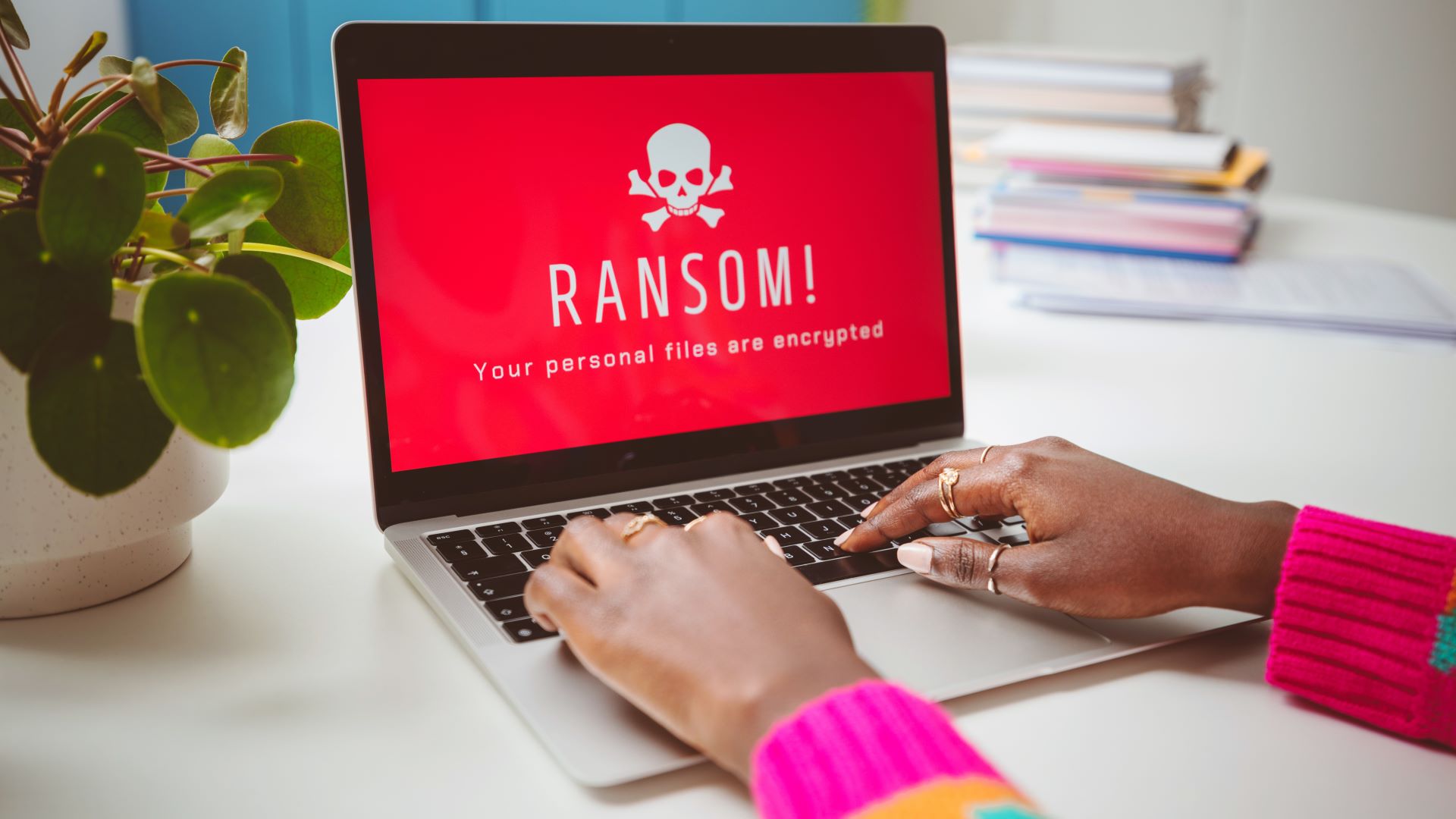Bad news - businesses who pay ransomware attackers aren’t very likely to get their data back
Only 7% of businesses successfully recover all of their data

- Hiscox study finds most firms who pay ransoms don't get their data back in full
- Victims also suffer reputational damage
- Many companies report losing customers and business partners
With ransomware attacks becoming ever more common, a firm’s response can be crucial to recovery and mitigating the damage of the attack.
A new study from Hiscox has revealed a good reason not to pay attackers, finding in the vast majority of cases, even when a ransom is paid, companies don’t get their information back.
The company found only 7% of firms recovered their data in full - and in fact, 1 in 10 of the businesses who pay the ransom still had their data leaked.
Reputations to ransom
Aside from the obvious impacts of financial loss and stress to those involved, ransom attacks also affect reputations of companies who fall victim.
The study found of those who experienced a ransomware attack in the last 12 months, a staggering 47% reported greater difficulty in attracting new customers, and 43% have lost customers.
“Hackers are holding reputations to ransom – and no business is too small to be at risk,” said Alana Muir, Head of Cyber at Hiscox UK.
Most businesses are worried about this too, with 61% of organizations believing that the reputational damage from a cyberattack would ‘significantly damage’ their business.
Are you a pro? Subscribe to our newsletter
Sign up to the TechRadar Pro newsletter to get all the top news, opinion, features and guidance your business needs to succeed!
In 2024, the survey found over a third (38%) of companies that fell victim to a cyberattack also suffered bad publicity resulting in damage to brand reputation, and 21% also lost business partners, showing just how detrimental attacks can be, even beyond the attack itself.
The news comes shortly after the UK Government opened a consultation to consider banning the payment of ransoms by public institutions in the event of a ransomware attack, in efforts to make critical infrastructure a less attractive target, and to disrupt criminal’s sources of income.
You might also like
- Take a look at our pick of the best firewall protection around
- Many firms see cyberattacks as their top business concern this year
- Check out our choices for the best antivirus software

Ellen has been writing for almost four years, with a focus on post-COVID policy whilst studying for BA Politics and International Relations at the University of Cardiff, followed by an MA in Political Communication. Before joining TechRadar Pro as a Junior Writer, she worked for Future Publishing’s MVC content team, working with merchants and retailers to upload content.
You must confirm your public display name before commenting
Please logout and then login again, you will then be prompted to enter your display name.